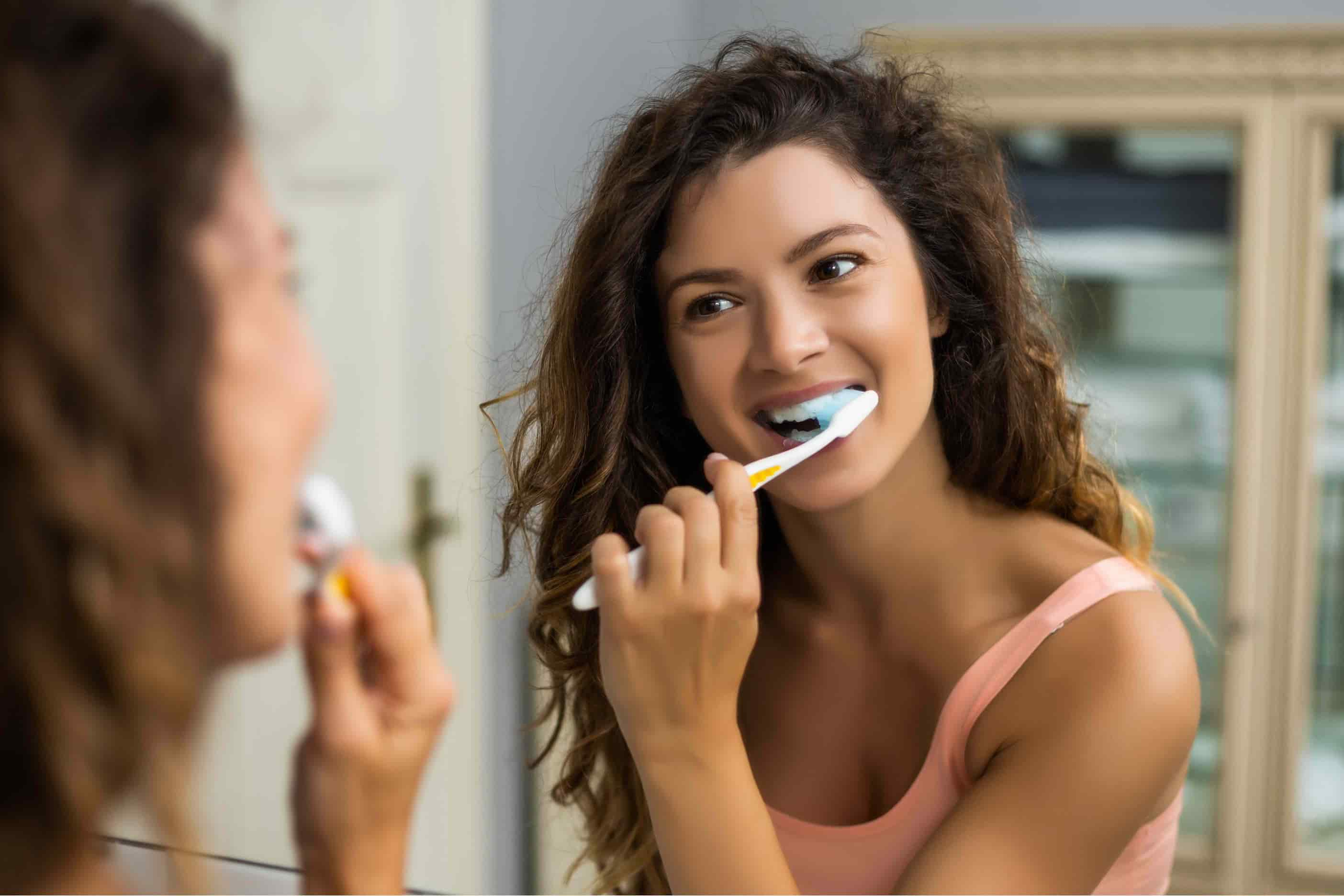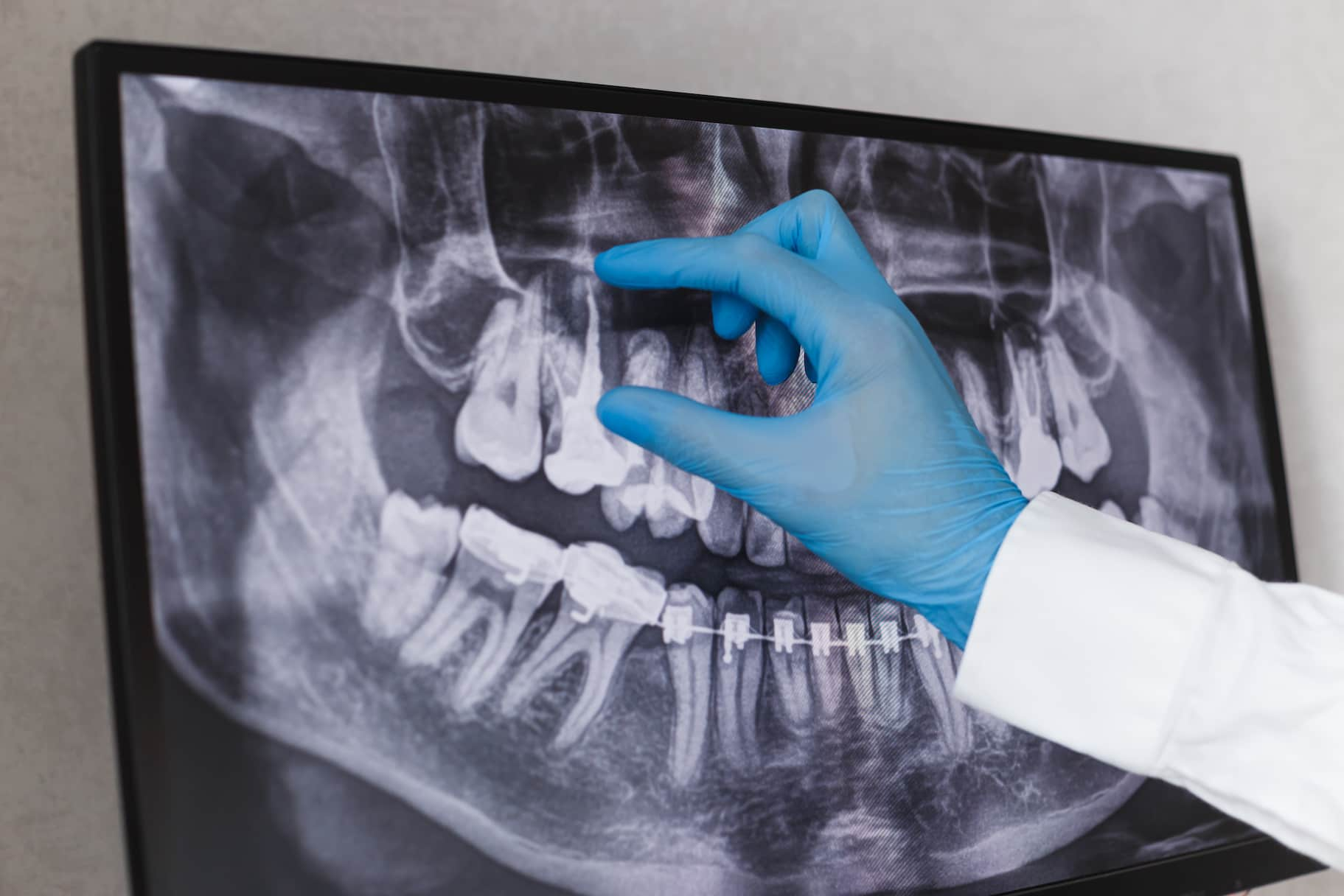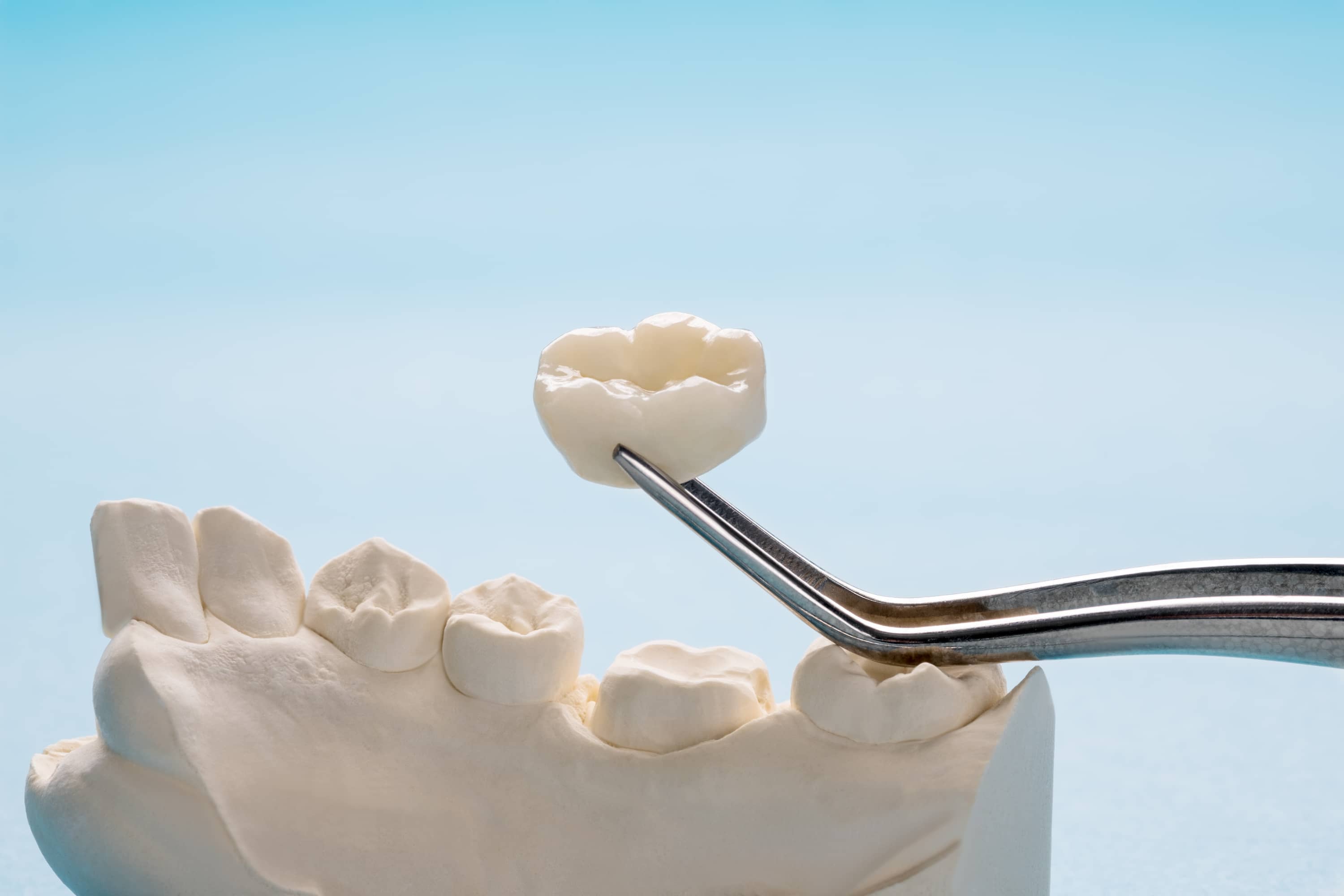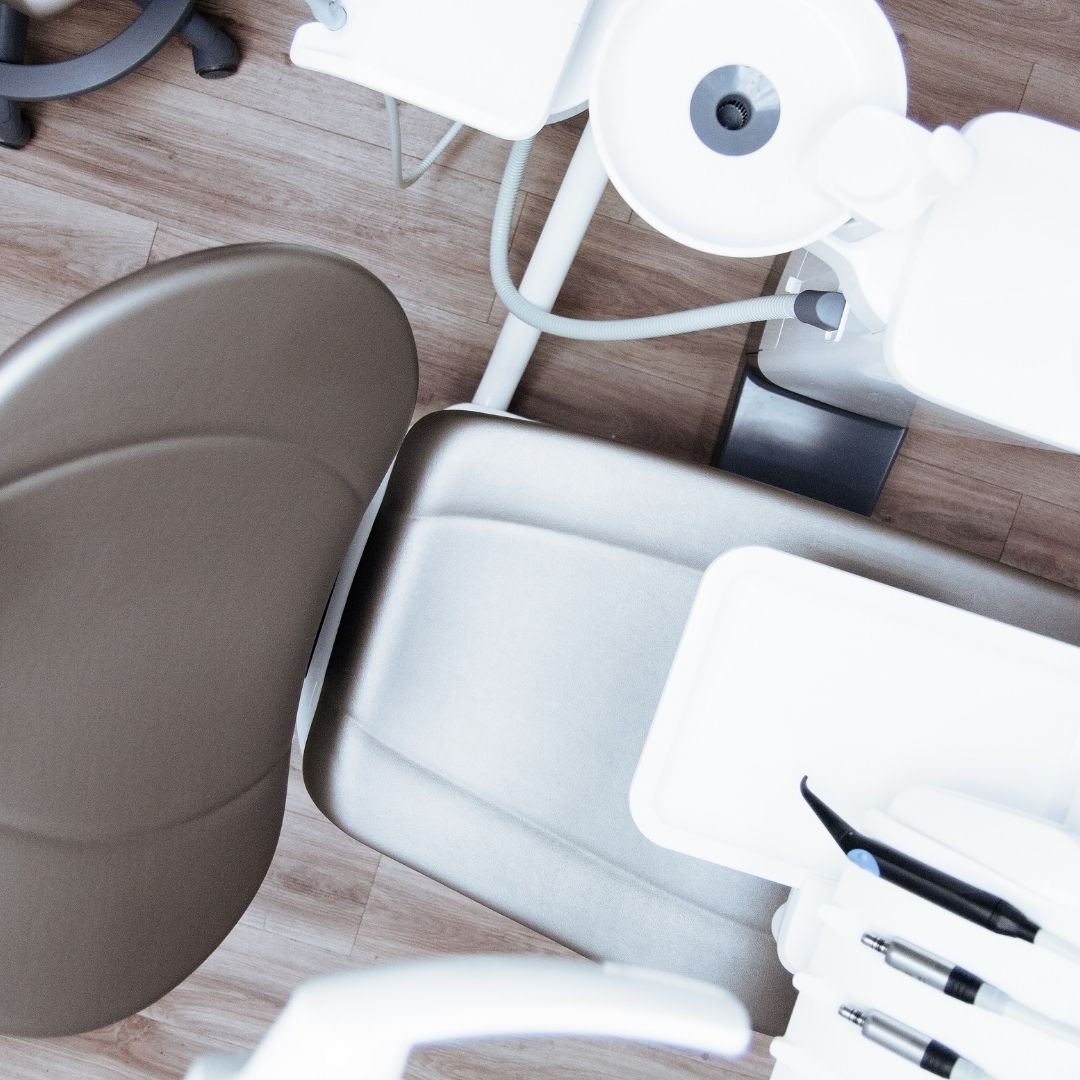
Good Oral Health
Everyone wants to enjoy the advantages of tip-top oral hygiene: a pearly white smile, fresh-smelling breath, and healthy pink gums. Making sure your mouth stays in good oral health is a major reason for visiting the dentist. And there’s nothing like that squeaky-clean feeling you get all around your mouth after you have had a routine medical check-up and a professional cleaning. Hopefully, you see your dentist twice a year; but in between visits, it’s up to you to maintain good oral health.
Is good orall health part of your goals? A healthy mouth is a gateway to a healthy body, and an excellent way to keep you looking and feeling your best. But what exactly does good oral health entail? Let’s look at some of the main do’s and don’ts when it comes to your teeth.
We have compiled for you in this blog what you do’s and don’ts need to do to help you achieve this goal. These range from simple daily routines (such as using the right toothbrush) to changes that promote a healthier lifestyle, quitting smoking, for example. Taken together over the course of a lifetime, these practices can help everyone improve their oral health, and get all the advantages that come with it: a great-looking smile and a healthier body.
Take Care of Your Teeth
Achieving healthy teeth requires a lifetime of care. Even if you’ve been told that you have good teeth, it is crucial to take the right steps every day to take care of them and prevent issues. This includes getting the right oral care products, as well as being mindful of your daily habits. However, dental care may be a daunting experience for nervous patients. Our specialist sedation dentist in Healthy Türkiye can help reduce anxiety, putting patients at ease during the procedure.
The Do’s for Good Oral Health
Use the Right Toothbrush
Everyone’s toothbrush requirements will differ slightly depending on the problem sites in their mouth that they want to tackle. But there should be some common features of a toothbrush that everyone should adhere to. A soft-bristled toothbrush with a tiny, round head and an easy-to-grip handle is the norm when it comes to preferring your toothbrush. You want to ensure that the bristles won’t be too harsh on your teeth and gums and that the head itself fits perfectly into your mouth without causing any discomfort.
Brush at Least Twice Daily
Correct oral hygiene includes regular brushing; specialists suggest twice daily. Brushing should not just be limited to your teeth either; brushing your entire mouth is just as critical to maintaining good oral health. The ideal time to brush is first thing in the morning and right before you go to bed in the evening. Brushing your teeth when you first get up is significant to get saliva moving around your mouth, as well as remove any bacteria which has accumulated overnight. Cleaning your teeth before bed is critical to remove any food debris or bacteria that have accumulated over the course of the day.
Pay Attention and Recognize the Signs of Oral Health Issues
The main cause of severe dental issues is generally patients’ ignoring the early signs of a dental issue. In most conditions, treatments such as root canals and tooth extractions can be avoided with the correct early intervention. If you pay close attention to your oral health, have regular check-ups, and act at the first signs of an issue, you can frequently avoid having dental complications later on.
Remember to Floss
Flossing is a process that most people overlook and fail to recognize the importance of. Remembering to floss at least once a day is imperative to ensuring that your mouth stays as healthy as possible, as it helps to remove plaque in tricky places that your toothbrush cannot quite reach. When you leave plaque on your teeth for too long, it can cause many issues for your teeth and gums, including tooth decay and gum disease, so it’s vital that you remember to floss on a daily basis so that any issues are avoided as much as possible.
Use a Fluoride Toothpaste
When it comes to toothpaste, there are more critical elements to look for than whitening power and flavors. No matter which version you prefer, make sure it contains fluoride. While fluoride has come under scrutiny by those worried about how it impacts other sites of health, this substance remains a mainstay in dental health. This is because fluoride is an important defense against tooth decay. It works by fighting germs that can lead to decay as well as providing a protective barrier for your teeth.
See Your Dentist Sooner Rather Than Later
If you experience any pain or uncommon lumps or bumps, it is always a good idea to get an early opinion from your dentist. You might just need their professional reassurance. If you do need treatment, it is generally best carried out promptly, before problems have a chance to get worse and solutions to become more expensive.
The early stages of gum disease, for example, can often be tackled by improving your oral hygiene, but left untreated, gum disease can consequence in loose or missing teeth. Similarly, early decay will usually require a simple tooth filling, but more advanced decay might need root canal treatment in Turkey to save your tooth. A head-in-the-sand approach to dental health is infrequently successful.
Do The Tongue Test to Check Cleanliness of Teeth
Even after brushing, how do you know whether you have cleaned your teeth effectively? You could chew a special “disclosing tablet” with a harmless dye that shows any sites of bacterial plaque you have missed — or you could try another simple technique: Run your tongue over the surfaces of your teeth, front and back. If they feel nice and smooth — especially down at the gum line — chances are you have done a good brushing job. If you are not sure, use the disclosing tablets to see what sites you are missing.
Drink Enough Water
Keeping your mouth moist is really critical. Mouth dryness increases biofilm accumulation and your risk for both tooth decay and periodontal disease. Mouth dryness is caused by smoking, caffeine, alcohol, and especially some over-the-counter and prescription medications. Because we tend to take more medicines as we age, we should also drink more water. Drinking plenty of water and keeping well hydrated has a number of health benefits for your full body. In your mouth, it keeps sensitive tissues moist and promotes the healthful action of saliva. Saliva not only buffers acids, but as mentioned above, it also aids digestion, helps the mouth fight germs, and even has a role in protecting the teeth from decay.

The Don’ts for Good Oral Health
Avoid Eating Large Amounts of Acidic Foods
Acid weakens teeth by breaking down tooth enamel. High consumption of acidic foods and beverages might lead to teeth becoming sensitive and discolored. To avoid this it is suggested that you always try to rinse your mouth out with water following the consumption of these foods or drinks. It is also a good idea to avoid brushing until at least 30 minutes after; this allows tooth enamel to remineralize.
Brush too Often or too Hard
In an attempt to obtain a pearly white smile, it can be incredibly easy to want to brush your teeth more frequently in order to achieve your desired consequences but this can actually be damaging to your oral health. When you brush too hard or too frequently you can cause gum recession as you could damage the root surfaces of your teeth.
Don’t Adopt the Latest Dental Fad
At least not until you have spoken to your dentist. There are generally years or even decades of research behind the advice we give out and the methods we suggest. That is why it can sometimes be concerning to see dental fads with little or no scientific evidence taking the internet by storm.
Brushing teeth with activated charcoal is a recent example. It is true that this could whiten your teeth by a few shades. However, specialists do not know enough about the long-term effects of brushing with charcoal. It is potentially abrasive and could damage your teeth’s enamel.
Smoking
Smoking can cause tooth discoloration and affect the overall health of the gums, increasing tooth decay and frequently leading to bad breath. Not to mention a range of other health problems it causes throughout the body.
The Study of Good Oral Health
According to a comprehensive study conducted by the National Institute of Dental and Craniofacial Research (NIDCR), regular brushing at least twice a day with fluoride toothpaste has been associated with a 30% lower risk of developing tooth decay compared to less frequent brushing. The study, which spanned over a decade and included a diverse group of participants, underscores the importance of proper brushing practices in maintaining good oral health. These findings support the ‘Do’s for Good Oral Health’ outlined in the article.
Conclusion
By following these dos and don’ts, hopefully, you can maintain a healthier smile. Remember that prevention is much better than a cure, and maintaining good oral health is critical to maintaining a healthy body. If you would like to book a check-up or have a dental issue that needs to be addressed, please don’t hesitate to contact Healthy Türkiye.




